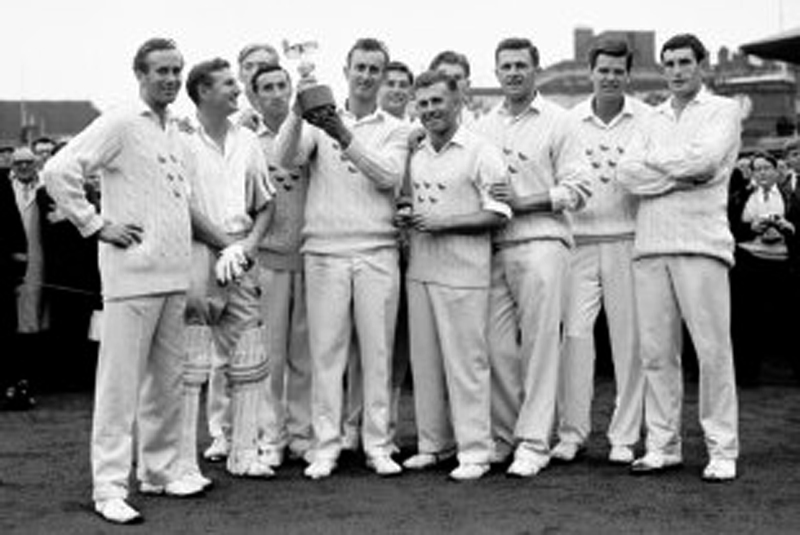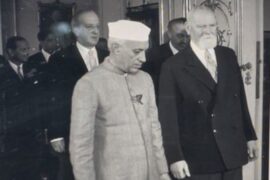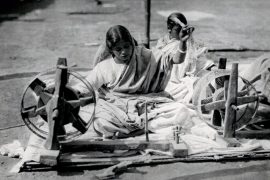Perish the thought of Test cricket competing in this ‘battle royale’ betwixt two, or possibly three, or more — the idea of T10 League, among other innovations, because when nature unleashes its hypnotic silver-lining, conventional wisdom is most often the reluctant victim.
Put simply, when ‘one-day cricket’ began with the Gillette Cup in 1963, it sure was a quiet beginning. It appealed to a few, but not the purists, as also ardent lovers of traditional Test-match cricket. The high priests of the game went for the jugular — they called the ‘quick-fix’ game nothing short of blasphemy. A flimsy masquerade too.
The wheel has turned full-circle. With the glut that is Twenty20 (T20) cricket today, this fulsome, new-fangled genre has reached its crescendo. The purists and traditional game-watchers, not ‘poachers,’ are up in arms, each with a different storyline, with the plot being the same, “Where is cricket going — with its surfeit of commercialisation and mega-bucks?”
‘Quickie/Quickie’ cricket, or what is now (in)famously called Twenty20 cricket, has sure come to stay. And, like its precursor, one-day cricket, the idea has caught-up, and switched on a new ‘riot’ of colours, even in countries where cricket does not have a following. Well, if it doesn’t, in certain ‘provinces,’ for whatever reason, there is nothing much to lose, right?
-30-
Copyright©Madras Courier, All Rights Reserved. You may share using our article tools. Please don't cut articles from madrascourier.com and redistribute by email, post to the web, mobile phone or social media.Please send in your feed back and comments to [email protected]











